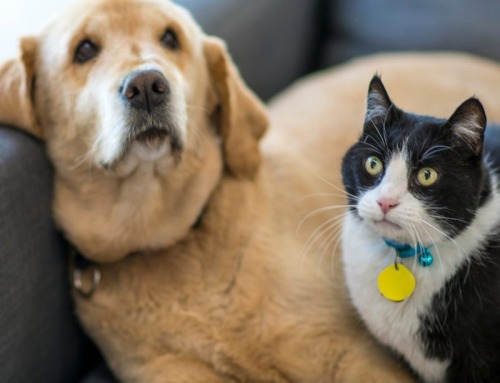Historically, our pets have been treated as personal property in the family courts. Even though most of us would regard our pets as being akin to our children, the court has not yet made laws which are consistent with the realities of this emotional bond. Some recent changes in the Family Law Amendment Act 2024 (Cth) however, have now recognised “companion animals” as their own distinct category of property. This has introduced changes to how the Court decides who can keep the pets of the relationship after separation, clarifying the previous provisions in the law and presenting a small win for us pet parents.
New definition for companion animals
As of 10 June 2025, the Family Law Amendment Act implemented significant changes for family law which now must be considered to understand how the Court will decide who will keep the family pet after separation.
The law has included a new definition for “companion animal”, being an animal kept by the family for the primary purpose of companionship. This excludes assistance animals, animals kept for business, agricultural or laboratory testing purposes.
If your pet does meet the definition of a companion animal, the pet will still be considered property for the purposes of the Family Law Act, but the Court will make orders according to the old provisions.
Orders for pets
The Court will be able to make an order either to grant sole ownership of the pet, order that the ownership of the pet be transferred with or without consent of the party and may in extreme cases make an order for the sale of the pet. In making this order, the Court will consider various factors including:
- Circumstances of the animal’s acquisition (who paid for the pet)
- Indicators of legal ownership or current possession (microchips or council registration)
- Extent of each party’s contribution to the animal’s care and maintenance (feeding, walking, or taking the pet to the vet)
- Family violence
- History of actual or threatened cruelty or abuse towards the animal
- Emotional attachment (of yours or your child’s)
- Capacity of each party to provide animal’s future care independently
Family violence and pets
The new laws have sought to address power imbalances where pets are used as a means of coercion or control in instances of family violence. The Court will have the power to look holistically at the circumstances of pet ownership. Family violence includes intentionally causing death or injury to an animal.
The Court cannot make shared care arrangements
It is important for pet parents to understand that the courts only have the power to award sole ownership, order the transfer of the pet to another person, or order that the pet be sold. This means that the court cannot make shared care or joint ownership orders for a companion animal.
Pets hold a special place in the family, and so an order of sole ownership might not be the best outcome for you, your former partner and your pet. If you are seeking a shared care arrangement for your pet, you must reach a mutual agreement with your former partner through an alternate avenue, such as a negotiation or mediation.
Getting legal advice
Making arrangements for your pet after separation can be emotionally exhausting and difficult to navigate. If you need help in making these arrangements or navigating the processes of property settlement, our experienced team of family lawyers have the skills and care to help guide you through the process and tailor their advice to your unique family circumstances.






